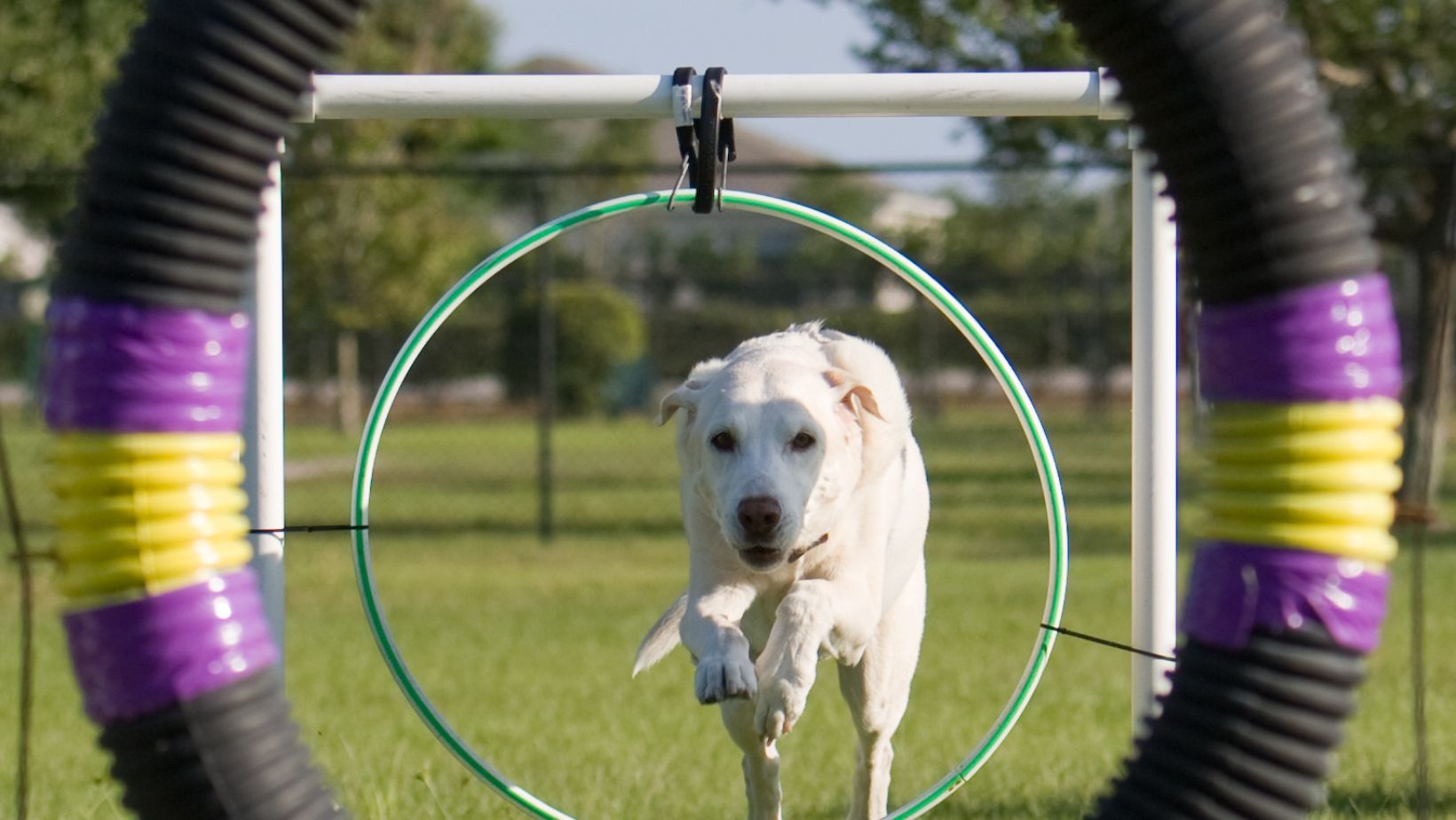How to Train a Disobedient Dog
Are you struggling with training your disobedient Labrador? Don’t worry, I’ve got you covered! In this article, I’ll share effective tips and techniques for Labrador obedience training that will help transform your unruly pup into a well-behaved companion.
Labradors are intelligent and energetic dogs, but they can also be stubborn at times. The key to successful obedience training is to establish yourself as the pack leader and maintain consistency in your approach. It’s important to start training from an early age to instill good habits and prevent bad behaviours from becoming ingrained.
One of the first steps in Labrador obedience training is teaching basic commands such as sit, stay, come, and heel. Use positive reinforcement techniques like treats, praise, and rewards to motivate your dog and reinforce good behaviour. Consistency is crucial here – practice these commands regularly in different environments to ensure that your Labrador understands and obeys them in any situation.
Remember, patience is key when dealing with a disobedient dog. Training takes time and effort, but with the right techniques and consistency, you’ll see progress. So let’s dive into the world of Labrador obedience training together and bring out the best in your furry friend!
Understanding Labrador Behavior
Labrador Retrievers are known for their friendly nature and intelligence, making them one of the most popular dog breeds around. However, like any other dog, Labradors can sometimes exhibit disobedient behaviour that requires proper training and understanding. In this section, we’ll explore common behavioural issues in Labrador Retrievers, the importance of socialisation for Labrador puppies, and effective training techniques for achieving obedience.
Common Behavioral Issues in Labrador Retrievers
Labradors may display certain behavioural issues that can hinder their obedience. Some common problems include:
- Jumping: Labradors have a lot of energy and enthusiasm, which can lead to jumping on people as a way to greet them. This behaviour can be disruptive and potentially dangerous.
- Excessive barking: While barking is a natural form of communication for dogs, excessive barking can be an issue if it becomes constant or uncontrollable.
- Pulling on the leash: Labradors are strong dogs, and if not properly trained to walk on a leash without pulling, they can become difficult to handle during walks.
- Chewing: Labradors have a tendency to chew objects when bored or anxious. This behavior can result in damage to furniture or household items.
Understanding these common behavioural issues is crucial when it comes to effectively training your Labrador for obedience.
The Importance of Socialization for Labrador Puppies
Socialization plays a vital role in shaping the behaviour of Labrador puppies. It involves exposing them to different environments, people, animals, sounds, and experiences from an early age. This helps them develop confidence and learn appropriate ways to interact with their surroundings.
By socialising your Labrador puppy early on:
- You help prevent fear-based aggression or shyness towards strangers or other animals later in life.
- You teach them how to behave appropriately around people and pets.
- You reduce the chances of developing separation anxiety or destructive behaviours.
Introducing your Labrador puppy to various stimuli in a positive and controlled manner is key to raising a well-adjusted and obedient dog.
Training Techniques for Labrador Obedience
When it comes to training your Labrador for obedience, positive reinforcement techniques are highly effective. These techniques involve rewarding desired behaviours with treats, praise, or playtime, while ignoring or redirecting unwanted behaviours.
Here are some training tips specifically tailored for Labrador Retrievers:
- Consistency: Be consistent with your commands, expectations, and rewards throughout the training process.
- Patience: Training takes time and patience. Remember that every dog learns at their own pace.
- Exercise: Labradors have high energy levels and need regular exercise to prevent boredom and behavioural issues.
- Socialisation: Alongside obedience training, continue socialising your Labrador throughout its life to reinforce good behaviour around other dogs and humans.
- Professional help: If you’re struggling with training or dealing with severe behavioural issues, consider seeking guidance from a professional dog trainer who specialises in Labrador Retrievers.
By understanding common behavioural issues, prioritising socialisation, and employing positive reinforcement techniques, you can effectively train your disobedient Labrador into an obedient companion. Keep in mind that consistency, patience, and plenty of love will go a long way in shaping their behaviour.
